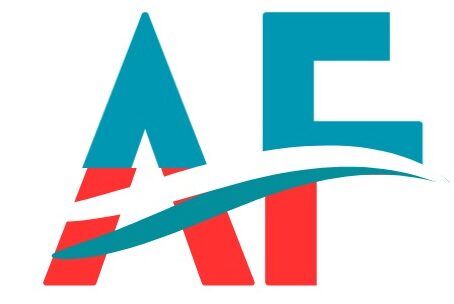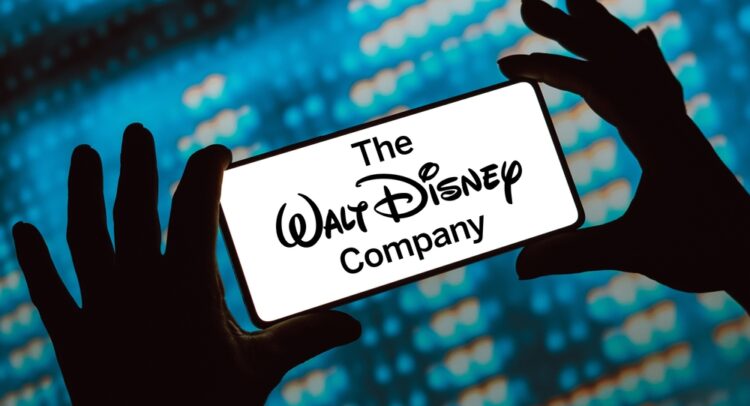In the rapidly evolving world of technology, data security is a paramount concern for organizations of all sizes. Even major corporations are not immune to data vulnerabilities, and recent developments show that Disney, a global entertainment giant, has been no exception. According to recent reports, Disney plans to discontinue its use of Slack, a popular workplace communication tool owned by Salesforce, following a cyber incident that allegedly exposed sensitive company data.
The Incident: A Breach in Security
The decision to cease using Slack comes after a security breach exposed critical information. This incident has raised questions about the safety of cloud-based communication platforms and their ability to protect sensitive corporate data. Reports indicate that the breach was caused by unauthorized access, putting Disney’s confidential data at risk.
The Impact on Disney
For Disney, the ramifications of this incident extend far beyond the loss of data. The company relies on seamless communication for its daily operations, from managing content production to coordinating logistics across its numerous divisions. The breach has therefore disrupted more than just internal conversations— it has impacted workflows and project timelines, compelling Disney to seek alternatives to Slack.
Why Security is Paramount
Security breaches like the one experienced by Disney highlight the vulnerabilities that even tech-savvy organizations face. As cloud-based services become the backbone of modern business operations, ensuring their security is crucial. A single breach can compromise years of intellectual property, sensitive employee information, and confidential strategic plans.
In this context, businesses must weigh the convenience of such platforms against potential security risks. Disney’s move to stop using Slack may be a precautionary measure to safeguard its data and maintain stakeholder trust.
Slack’s Response and Reassurance
Salesforce, the parent company of Slack, has emphasized its commitment to user security and is reportedly working closely with Disney to address the vulnerabilities exposed by the breach. Slack has long positioned itself as a secure platform for team collaboration, boasting various security features such as two-factor authentication, encrypted messaging, and data loss prevention protocols.
In response to the incident, Slack representatives have assured users that they are conducting an internal investigation and are willing to enhance security measures to prevent future breaches. The company has also urged other organizations to remain vigilant and proactive in implementing cybersecurity best practices.
The Broader Implications for the Industry
Disney’s decision to move away from Slack could set a precedent for other companies that prioritize data security. It may lead to increased scrutiny of communication tools and prompt businesses to re-evaluate their current security strategies. This incident might also spark a broader industry-wide conversation about the responsibility of cloud service providers in ensuring client data protection.
Furthermore, it underscores the importance of regular security assessments, vulnerability testing, and immediate response protocols. Companies that fail to take these steps risk not only financial losses but also damage to their reputation and a loss of consumer confidence.
Exploring Alternatives: What’s Next for Disney?
Disney’s decision to discontinue its use of Slack has left many wondering what alternative tools the company might adopt. Industry insiders speculate that Disney could consider developing an in-house communication platform or opting for another third-party service with a stronger security track record.
Some of the potential alternatives include:
- Microsoft Teams: Known for its tight integration with other Microsoft services like Azure Active Directory, Microsoft Teams is a favored option for companies that prioritize security and regulatory compliance.
- Google Workspace (formerly G Suite): With its robust set of productivity tools and enhanced security features, Google Workspace could serve as a viable alternative.
- In-House Solutions: Large enterprises like Disney have the resources to develop custom solutions tailored to their unique security and operational needs.
- Other Emerging Platforms: Lesser-known platforms with a strong emphasis on security and data protection might emerge as contenders, especially if they offer specialized features to prevent breaches.
Choosing the right platform will depend on Disney’s specific needs, but the company will likely place security and reliability at the top of its priority list.
Adapting to a New Normal
The repercussions of a data breach extend far beyond the immediate loss of information. Companies must manage the fallout, mitigate damage to their reputation, and address concerns from stakeholders and the public. In Disney’s case, the move to abandon Slack signals a proactive approach to protecting its assets and assuring partners and customers that it takes data security seriously.
For other organizations, this incident serves as a reminder of the ever-present risk of cyber threats. Companies that rely heavily on third-party tools must continuously evaluate the security of these platforms, ensure compliance with industry standards, and remain vigilant against emerging threats.
Lessons for Other Businesses
What can other businesses learn from Disney’s experience? Here are a few takeaways:
- Regular Security Audits: Conducting frequent security assessments can help identify vulnerabilities before they are exploited.
- Employee Training: Educating employees about potential security threats, such as phishing scams, is crucial in maintaining a secure digital environment.
- Incident Response Planning: Having a well-defined incident response plan ensures that the company can react swiftly and effectively in the event of a breach.
- Vendor Management: Regularly evaluating third-party vendors and their security practices is essential, especially when these vendors handle sensitive data.
AFRIPOPULA

